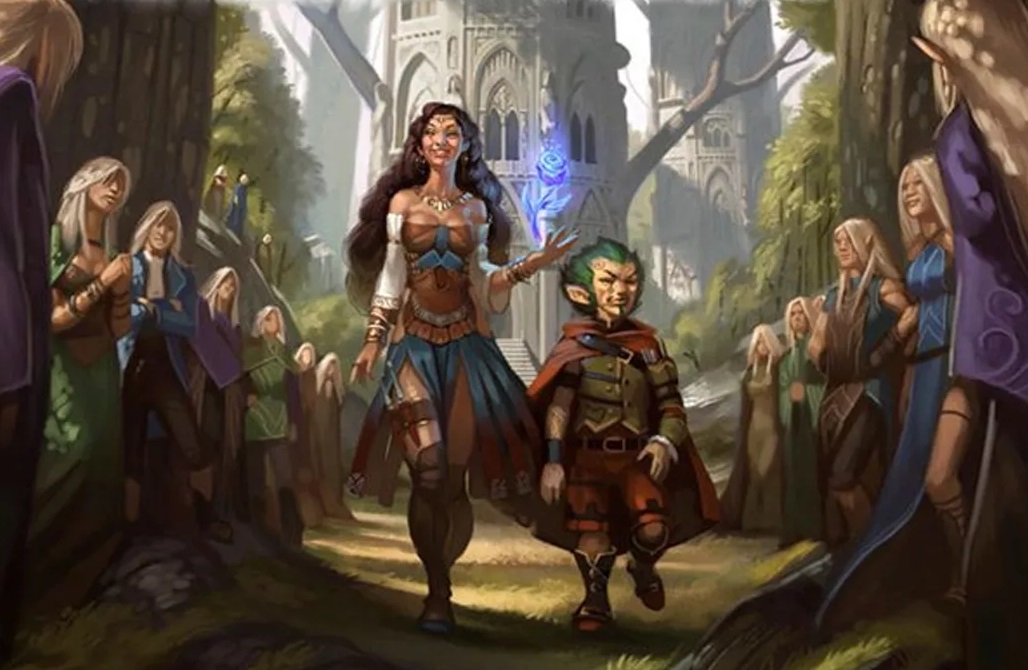Difference between revisions of "Experience Level"
Tao alexis (talk | contribs) |
CSkyRobinson (talk | contribs) |
||
| Line 9: | Line 9: | ||
[[Commoner (NPC)|Commoner]]<br> | [[Commoner (NPC)|Commoner]]<br> | ||
[[Comrade (NPC)|Comrade]]<br> | [[Comrade (NPC)|Comrade]]<br> | ||
| + | [[Hireling]]<br> | ||
[[Man-at-Arms (NPC)|Man-at-Arms]]<br> | [[Man-at-Arms (NPC)|Man-at-Arms]]<br> | ||
[[Player Characters]]<br> | [[Player Characters]]<br> | ||
[[The Adventure]] | [[The Adventure]] | ||
Revision as of 12:46, 29 August 2020
This is a measure of a character’s proficiency in a given profession, used in the game to separate combatants according to their combat potential. It is gained through experience. A spellcaster, assassin, fighter, monk, paladin, ranger or thief are considered elite combatants, able to cast spells, fight with a superior THAC0 and employ a wide range of sage fields, studies and abilities. Moreover, characters with a level have the benefit of better hit points. They will die if damage reduces them below -9 hit points.
For most classes, particularly spellcasters, learning the skills of any class requires years of education. It is therefore unusual that any non-levelled character will have the opportunity to matriculate to being levelled. However, non-levelled characters do collect experience, and in the same way as their more capable peers.
See Also,
Combat
Commoner
Comrade
Hireling
Man-at-Arms
Player Characters
The Adventure
